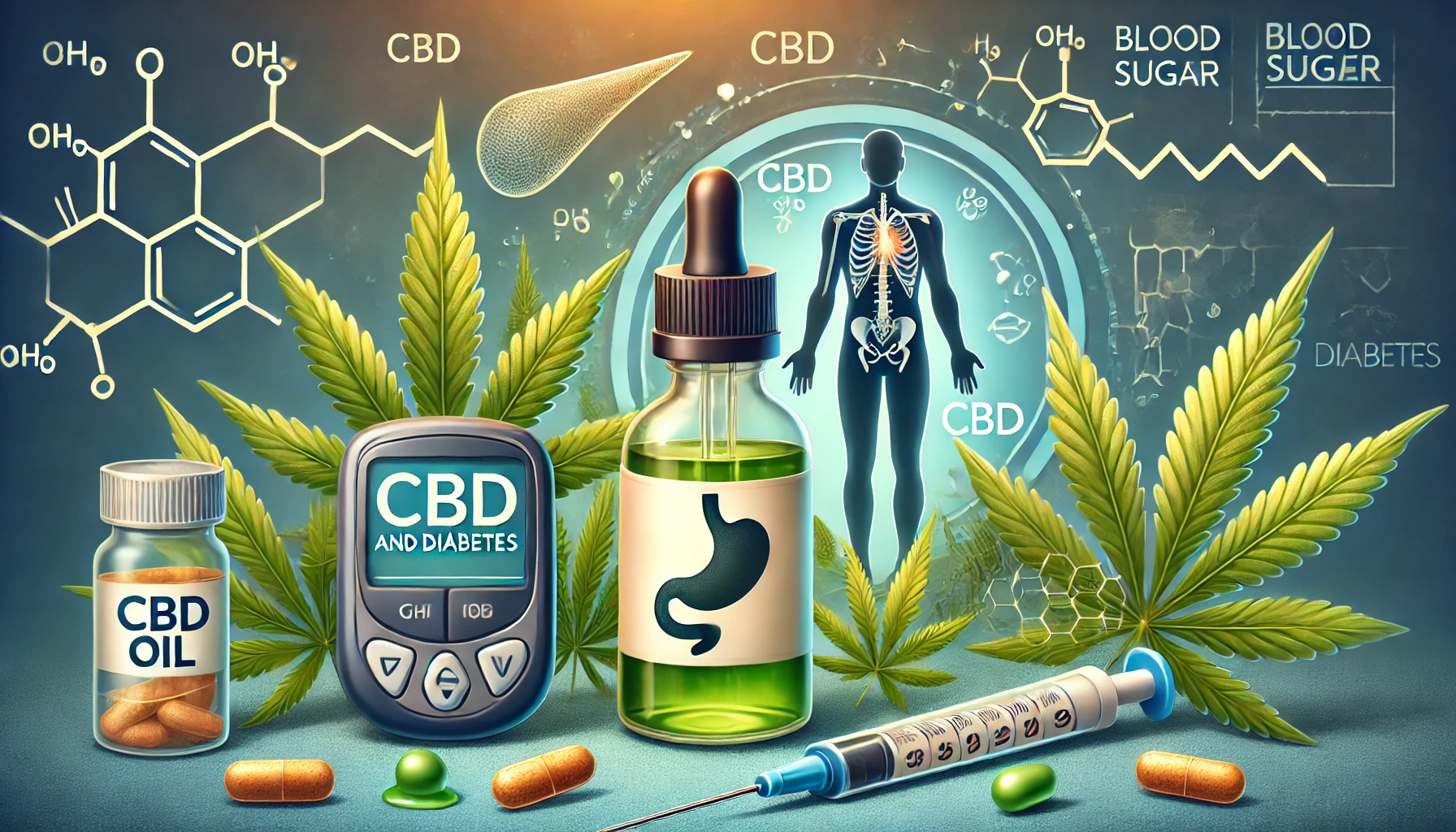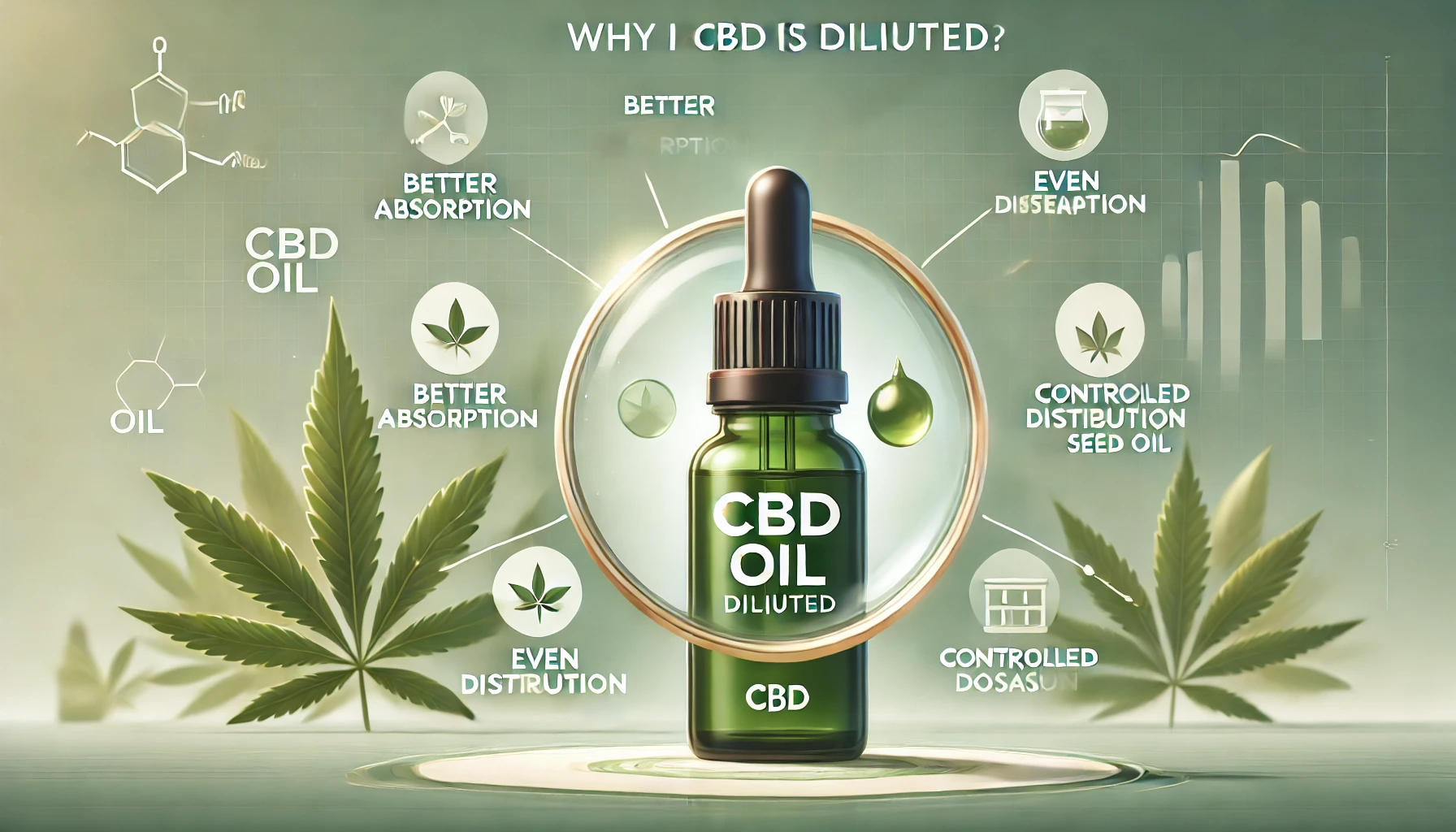CBD (Cannabidiol), a compound derived from cannabis, has gained significant attention in recent years due to the changing legal landscape of marijuana and growing interest in its potential health benefits. It has been praised for its supposed healing properties, with claims ranging from anxiety relief to pain management. However, despite the buzz, research on CBD, particularly its effect on diabetes, remains limited.
What is CBD?
CBD, along with THC (Tetrahydrocannabinol), is one of the major chemical compounds in cannabis. Unlike THC, which is responsible for the “high” associated with cannabis use, CBD does not have psychoactive effects. Historically, CBD was overlooked as an inactive component, but it has recently been re-examined due to its potential medicinal properties.
In 2018, the FDA approved a CBD-based drug called Epidiolex for treating a rare form of childhood epilepsy. However, this approval was at much higher doses than what is commonly available in over-the-counter CBD supplements. Since then, researchers have been studying CBD’s impact on various health conditions, including diabetes.
CBD and Diabetes: The Current State of Research
There has been a lot of speculation regarding the potential of CBD in managing diabetes, particularly in alleviating symptoms like pain and inflammation. However, there is no evidence that CBD has any direct effect on blood glucose or insulin levels in people with type 2 diabetes. Most of the studies conducted so far have been animal studies, and human research is still in its early stages.
Side Effects and Risks
Although CBD is generally well-tolerated by most individuals, it does come with potential side effects. These include:
- Immune suppression: CBD might suppress certain immune responses, which could be risky for people with autoimmune conditions.
- Increased eye pressure: This can worsen conditions like glaucoma.
- Drug interactions: CBD can raise blood levels of certain medications, including Coumadin (a blood thinner), which could lead to serious bleeding.
Given these risks, it is essential to consult your doctor if you’re considering trying CBD, especially if you have a chronic condition like diabetes or are taking other medications.
Challenges with CBD Products
The status of CBD as a supplement, rather than a regulated medication, introduces additional challenges. Because the FDA does not regulate supplements as strictly as prescription medications, the quality and consistency of CBD products vary widely. Lab tests have shown that some products marketed as CBD actually contain little or no CBD at all. Additionally, manufacturers may make claims about the effectiveness of their CBD products based on minimal evidence.
The FDA’s Dietary Supplement Health and Education Act prohibits the marketing of tainted or misbranded supplements, but with CBD still largely unregulated, there is significant room for error. Consumers should be cautious about the products they buy, as quality and safety cannot always be guaranteed.
The Bottom Line
While CBD shows promise in some areas of health, it is not a proven or safe alternative to traditional diabetes management. There is no conclusive evidence that CBD helps control blood sugar or alleviates other diabetes-related symptoms. Moreover, it carries potential risks, particularly when taken in combination with other medications or in large doses.
As research into CBD continues, we may learn more about its potential benefits and risks. For now, it is best to stick with evidence-based treatments for managing diabetes and to consult a healthcare provider before experimenting with CBD.
Key Takeaways
Until more is known, it’s advisable to stick with traditional diabetes treatments that have been proven to be safe and effective.
CBD does not cause a “high” and is being studied for potential therapeutic uses, but research is still in its early stages.
There is no evidence that CBD has a direct effect on blood sugar or insulin levels in people with type 2 diabetes.
Potential side effects of CBD include immune suppression, increased eye pressure, and drug interactions.
Since CBD is unregulated, product quality varies, and consumers should be cautious.


